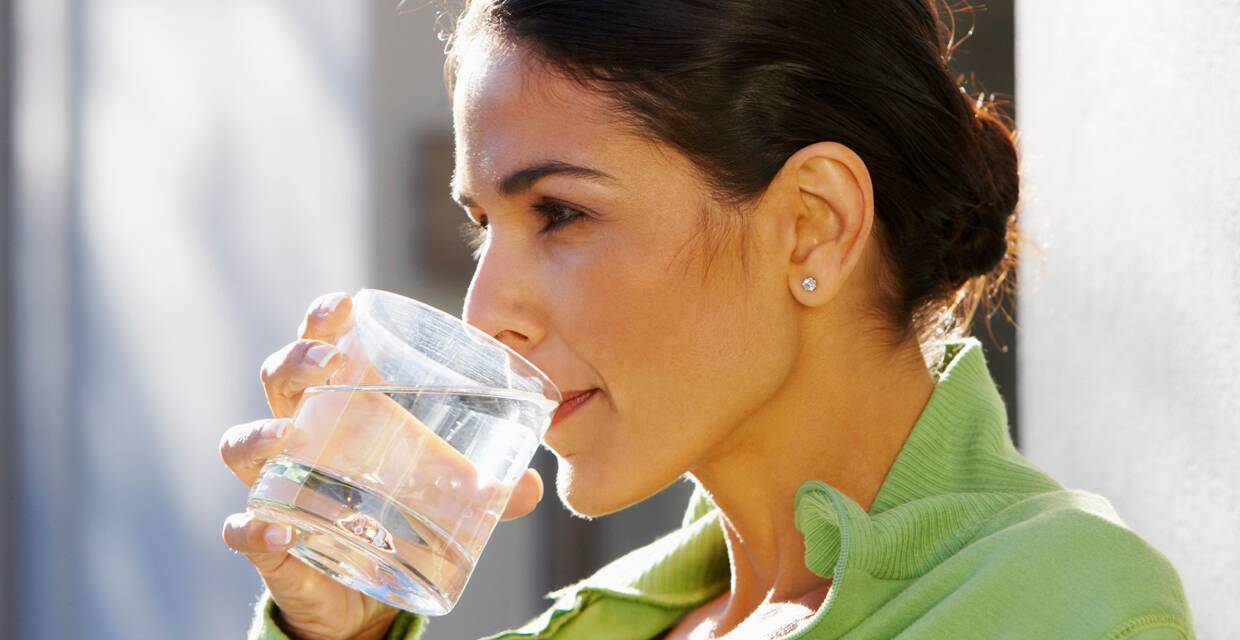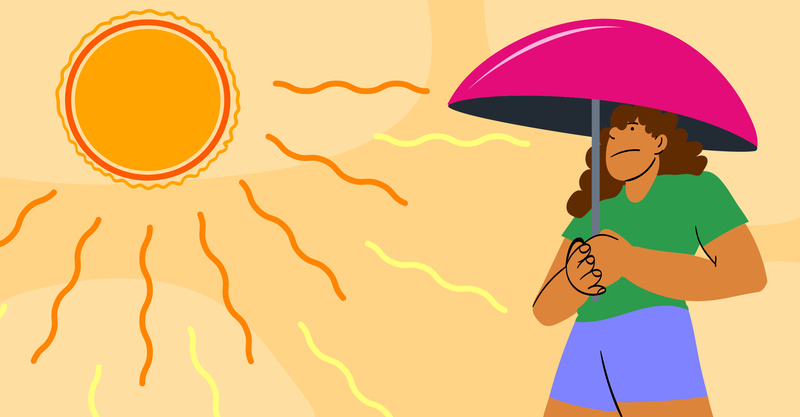Key Points
- Water is essential for our bodies as it is present in every organ and aids in various bodily functions such as lubricating joints, regulating body temperature, maintaining tissue health, protecting spinal cords, and eliminating waste.
- The recommended daily water intake varies based on factors such as age, sex, health conditions, and physical activity. General guidelines suggest six to eight cups for infants, toddlers, and teens, 13 cups for adult men, and nine cups for adult women.
- Dehydration can occur due to common issues like diarrhea, vomiting, the flu, or diseases like kidney and endocrine system distress or diabetes. Symptoms of dehydration include dry eyes and mouth, muscle and joint cramping, vomiting or nausea, cessation of sweating, rapid heartbeat, lightheadedness, fatigue, and lowered urine output.
- To increase water intake, consider carrying extra water when outdoors, freezing water bottles for on-the-go hydration, choosing water over sugary beverages, adding flavor to water with lemon or lime, and setting reminders to drink water if needed due to a health condition.
Do you wonder about how much water you should drink each day? If so, you're not alone. This is an often-asked question and while there are "average" recommendations, health and other factors should also be considered in how much water is enough water.
Why Our Bodies Need Water
Did you know water is in every organ within our bodies? Adequate water intake each day is necessary to keep water flowing to these organs. According to the CDC, other ways water helps our bodies include:
- Lubricating and cushioning joints
- Regulates body temperature
- Keeps delicate tissues healthy
- Protects our spinal cords
- Rids our bodies of waste through perspiration, urination, and bowel movements
How Much Water Should You Drink Each Day?
The Mayo Clinic recommends water intake based on sex, age, health conditions and sporting activities. Here are some general recommendations for water intake:
- Infants, Toddlers and Teens – Six to eight cups of water per day.
- Adult Men – Men should drink 13 cups of water or beverages and foods that contain water each day—like sports drinks, fruit juices and tea.
- Adult Women – Women should drink approximately nine cups or water or per day.
- Health Conditions – If you suffer from kidney, heart disease or diabetes, your family care doctor may recommend higher water intake.
- If Sick - When sick with the flu or a cold, water intake should also be increased.
- Athletes - Those who are very active in sports activities should not only drink the recommended amount of water but include sport drinks that add sodium and electrolytes to the body. Too much water can deplete sodium and electrolyte levels.
WebMD offers a great list on the types of foods and beverages that contain needed water.
Signs Your Body Needs More Water
Body dehydration can occur from common issues such as bouts with diarrhea, vomiting, and the flu, and diseases such as kidney, endocrine system distress or diabetes. When water levels become too low or non-existent, you may need to visit an urgent care center to replenish fluids. Dehydration symptoms include:
- No tears in the eyes
- Dry mouth
- Cramping in muscles and joints
- Vomiting or nausea
- Cessation of sweating
- Rapid heart beat
- Lightheadedness
- Feeling fatigued, tired or weak
- Lowered urine output
It's important to note that in infants and toddlers that because sweat mechanisms and temperature regulation systems are not fully formed, dehydration can happen faster and may require pediatric urgent care.
How Can I Increase My Water Intake?
To help increase your water intake, here are some helpful tips:
- If you plan on being outdoors in heat and sun for extended periods, take extra water with you and replenish your body often.
- Freeze water bottles and grab some when running errands or on extended driving trips. These are also a great idea for lunches for both adults and kids.
- Skip beverages full of sugar and choose water instead.
- Ask for water instead of soda or alcoholic beverages when eating out.
- Add flavor to your water with lemon or lime juice or wedges.
- Flavored water without the sugar is also readily available and will encourage you to drink water more often.
- If a health condition requires you to drink more water, buy a timer or set an alert on your cell phone to remind you it's time for more water.
Because dehydration can be deadly and cause organ damage, if you follow these tips your body will stay hydrated and healthy.
Frequently asked questions
Why is water important for our bodies?
Water is crucial for our bodies as it is present in every organ and helps in various functions such as lubricating and cushioning joints, regulating body temperature, keeping tissues healthy, protecting our spinal cords, and eliminating waste from our bodies.How much water should an adult man and woman drink each day?
Adult men are recommended to drink 13 cups of water or beverages and foods that contain water each day. On the other hand, adult women should drink approximately nine cups of water per day.Does the recommended daily water intake change with health conditions or physical activities?
Yes, individuals with health conditions like kidney or heart disease, or diabetes, may need to drink more water. Similarly, athletes or those who are very active in sports should not only drink the recommended amount of water but also include sports drinks that add sodium and electrolytes to the body.What are some signs that my body needs more water?
Signs of dehydration, which indicates your body needs more water, include no tears in the eyes, dry mouth, muscle and joint cramping, vomiting or nausea, cessation of sweating, rapid heart beat, lightheadedness, feeling fatigued, tired or weak, and lowered urine output.Does dehydration affect infants and toddlers differently?
Yes, in infants and toddlers, dehydration can occur faster because their sweat mechanisms and temperature regulation systems are not fully developed.How can I increase my daily water intake?
You can increase your water intake by carrying extra water when outdoors, freezing water bottles for errands or long drives, choosing water over sugary beverages, asking for water instead of soda or alcoholic beverages when eating out, adding flavor to your water with lemon or lime, and setting reminders to drink water if needed due to a health condition.Can dehydration cause serious health problems?
Yes, dehydration can be deadly and cause organ damage. It is important to stay hydrated to maintain a healthy body.Are there alternatives to drinking plain water to stay hydrated?
Yes, besides plain water, you can also consume beverages and foods that contain water, like sports drinks, fruit juices, and tea. Flavored water without sugar is also a good option.


 LinkedIn
LinkedIn










